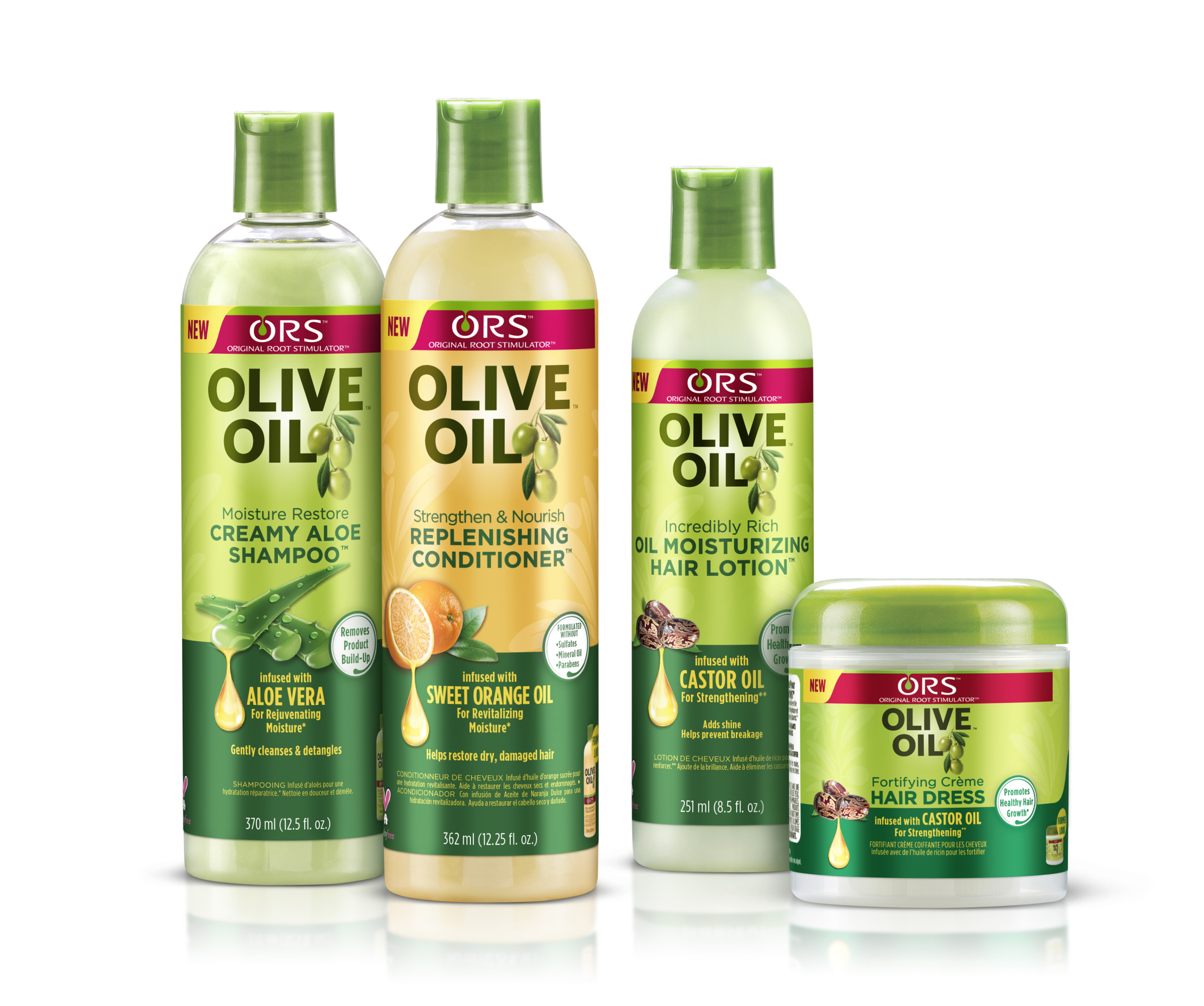Table of Content
However, when done right nothing even comes close to rivaling a hidden compartment in security and convenience. Now, something you must know is that the popularity of this idea both in fiction and in life means that seasoned thieves know about it, and will quickly rifle through a bookshelf to find a book safe. You are wise to have a safe for your valuables, be it guns, jewelry or anything else.

No, this is why during SHTF, if you haven’t already got your money out, you won’t likely get it out. The government will allow the banks to shut off withdrawals, or severely limit them. This has happened in Greece and a slew of other countries. But it is now due to the herd keeping all their money in banks. Keeping cash at home is beneficial for tipping delivery drivers, supporting kids fundraisers, or surviving lengthy power outages. People may also choose to keep cash at home for natural disasters like hurricanes where electronic banking may be down.
Fish Tanks
You could load the files onto a removable flash drive and leave that drive in your lockbox, and also upload the files to a secure cloud storage account. This way, you have multiple ways to access your documents in an emergency. What, then, is the best and safest way to safely store large amounts of cash for dark days? Distribute your cash into multiple bundles in different locations – bury it, hide it inside book cases, furniture fixtures, or even in plain sight. This avoids the “all eggs in one basket” folly, and helps ensure you won’t lose it all in one shot due to theft or disaster. So whether you’re on vacation or just away at work, the chances are depressingly high that your not-so-friendly neighborhood thieves are watching.

Banks CAN go under and even if they are FDIC insured, the FDIC isn't going to cut you a check the next day. Or you can have a real emergency on a weekend (some auto repairmen won't accept checks or credit cards, for example) or experience a natural disaster. If you want to purchase a small appliance or a stash of building supplies from Craigslists, for example, cash is kind.
Sausage Sweet Potato Sheet-Pan Dinner
'Comb through your bank and credit card statements to find any hidden/unused subscriptions to get rid of,' Seuthe says. These retailers often bid on pallets or truckloads of salvaged items, and then sell them at a deep discount. Thrift stores and antiques shops are full of high-quality traditional furniture, art, and decor, which gives you a low-cost source for decorating and updating your home. It can be easy to adopt a 'kick the can down the road' mentality when it comes to small-but-pesky home repairs, opting to bide time until the job can't be ignored instead of spending time and money to make a small fix. But this type of thinking can lead to much larger repair bills in the future.
I never knew about the hole until my mother told me years later. Just watch out if burying money- I used to work at a credit union, and musty or buried-smelling money was a giant red flag for suspicious (ie. laundering/organised crime) activity. Putting a brick in commode tank will cause it to slowly dissolve in the water, leaving you with a bricks-worth of detritus floating about in your commode. So I should use all my cash on things I don't need when the economy is at its worst, for the sake of "the system"? Maybe that seems selfless to #17, but try living without some fallback money. A hospital bill or car accident can put a whammy on your life.
Traditional Boiled Dinner
I happen to be one of those people who fell victim to a break in by a stranger. It was the usual, jewelry small electronics and even my bike. I'm mostly upset over losing the data on the external hard drive they stole. There was at least 3 years of photos on that hard drive that I had not taken the time to back up onto disk. Reading the posts, I think some people believe we must be "all or nothing" on the cash v. banking issue. I was personally burglarized by strangers; maybe that's uncommon, but it happens.
So now my wheels are turning on how to use art and science to do that . To store large amounts of cash it’s usually best to keep it hidden in a fireproof and waterproof safe that’s out of reach. Having multiple locations helps protect you against the risk of losing all your money in one event. I keep a $50 in my wallet, tucked behind a picture, just in case I'm out to dinner and discover the restaurant doesn't take credit cards. Likewise, I keep a $20 in my car's owner's manual in the glove box in case I need gas (since most stations won't take a $50). I keep meaning to put $100 in smaller bills in our fire safe box for the power outage/calamity scenario.
C) I have a small fire safe with some "emergency" money in case the banks are closed and I need cash now. A) I have multiple bank accounts and have no plans on getting rid of them. I look to balance low costs, convenience, and high interest rates. Back when we lived in Earthquake Land, we were advised to have cash available to use in an emergency. During the Northridge earthquake we used a lot of that emergency cash while the electricity was out and stores accepted only cash.

The last one is really important – identity theft is a major problem today, and the last thing you want to do is leave a tip in cash for a thief who is looking to steal your identity. If you are like most people, you probably think the best way to safely store large amounts of cash is in the bank. A staff member at Frontpoint, a Virginia-based home-security system company, suggested that having a heavy safe that’s not easy to move is a good option to keep cash safe at home. For more peace of mind, Tumin suggests, the best place to store physical money is a fireproof safe that’s attached to the foundation of the house. First, I think a small emergency fund, say $200 or so, is a good idea.
The kind of person that would do the 'smash everything' bit is a spoiled brat teen/20 something who isn't looking to rob, just to destroy because they can. Not a good idea if the items you are storing are subject to these things. Most thefts of cash will be by friends and relatives - not burglars. If you are interested in hiding they money from someone looking for it, make it hard to get to and hard to find. With respect to your solutions, most of them provide little/no protection from damage caused by fire, smoke and/or flood.

Sometimes all you can do is make like a pirate and bury your treasure. At least, everyone thinks of pirates when they think of buried treasure but believe it or not the burying of currency, including paper money, has been in use by all kinds of people all over the world for ages. This could be behind a light switch or outlet cover, stashed behind a plumbing access, inside a vent or register in a wall or ceiling mounted light or in any number of other places. You can also take this concept even further by installing a dedicated fake fixture, one that is not functional or otherwise operational unlike others in the home.
If you have a little extra you can lean on at any moment, it will make it much easier to lay back and relax. This prevents the natural oils and acids present in your skin from being absorbed by the paper, causing damage over time. Jewellery safes give the utmost protection for your valuables and will therefore be a very safe place to store your money.
Otherwise, they may mistake the "scraps" and discarded toys for what they are and end up tossing your money out. It's worth noting that neither of these options are "safe" from fires, for example, but hopefully your emergency stash isn't more than you could afford to lose, either. You probably know that exposing photographs and paper to light, particularly sunlight, will damage them eventually. So for truly valuable, irreplaceable documents or collectible currency bills, you’ll want to minimize exposure to any source of UV light/radiation. A good dry rod safe dehumidifier from Liberty can work wonders in humid environments.
There are lots of diversion safes that look like common kitchen or household items, making them far more likely to be passed over during a burglary. My fave was the suggestion to hide it behind the vacuum bag, which came from a commenter. Get a food item that comes in a canister with a lid --dog or cat food is good, because thieves won't be tempted to eat it -- clean out the can, put your cash inside and put it as far back in your pantry as you can. If you really need to keep money, though, a drawer full of random loose change seems like it'd be the least attractive find for a burglar and not too inconvenient for you.

Even then, keep only a small stash, not least because inflation steadily erodes the value of currency over time. Done right, real estate can have a huge financial upside. Yet it can also be a risky and sometimes fickle investment.

No comments:
Post a Comment